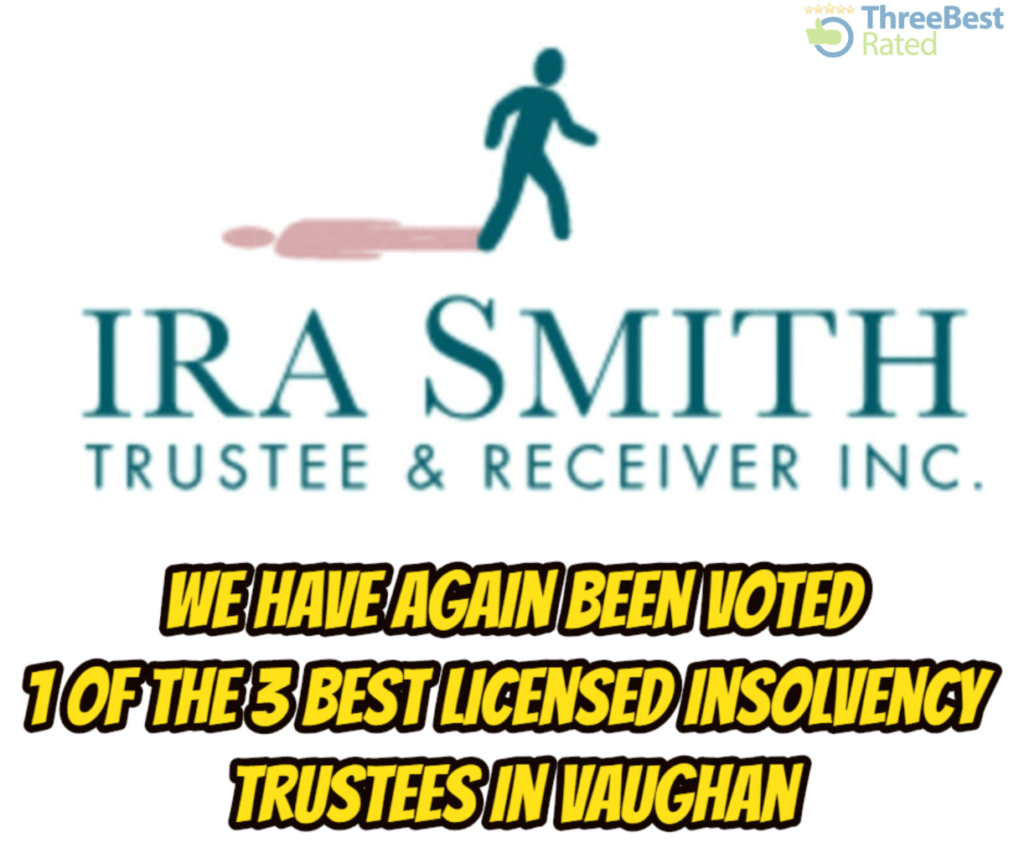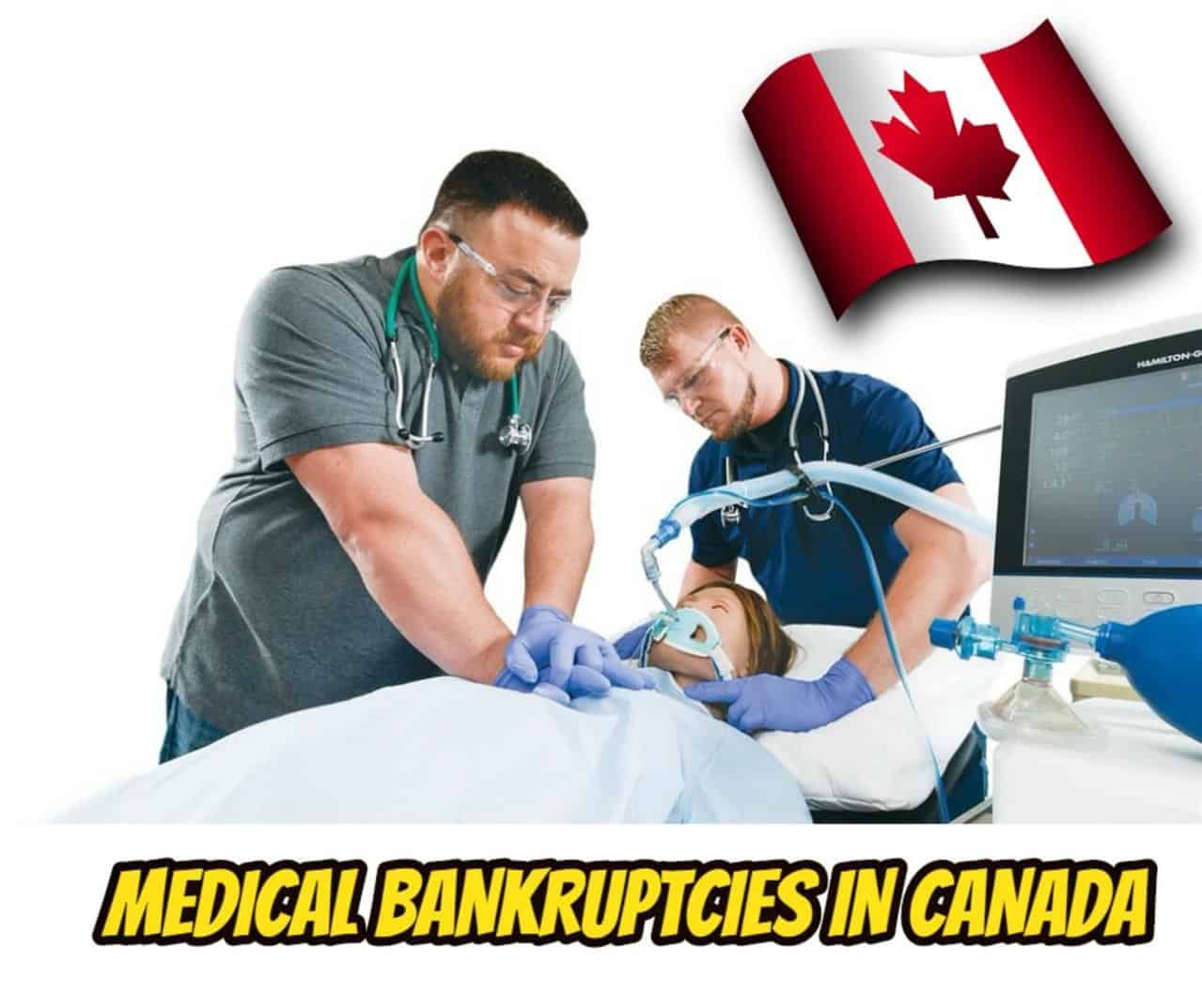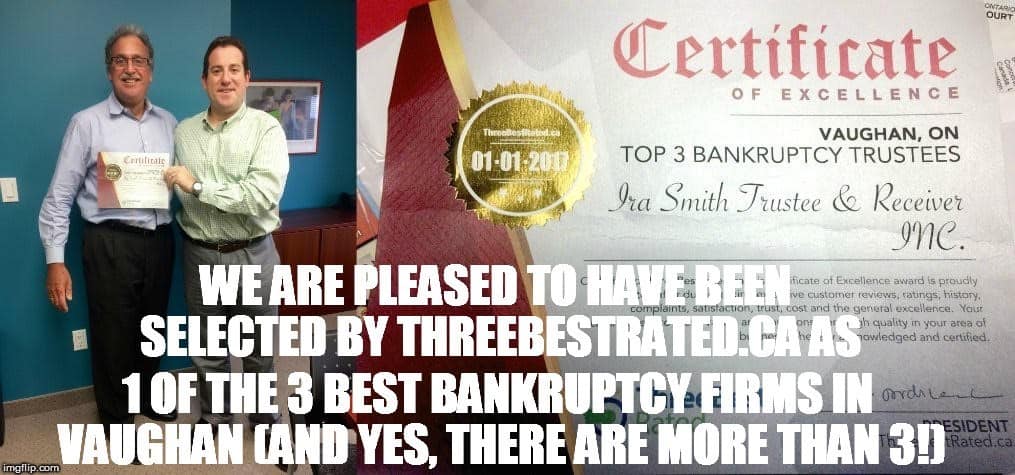Silicon Valley Bank failure: The SVB collapse
A subsidiary of the SVB Group called Silicon Valley Bank was heavily servicing the technology industry. The California-based Silicon Valley Bank is located in Santa Clara, in the Golden State and has been around since 1983. Ever since, they have actually opened up offices in a lot of various other places like the UK, Israel, as well as China.
Silicon Valley Bank’s pride and joy was all about supplying a variety of financial solutions, such as commercial business loans, private banking, asset administration, and also financial investment banking. They focused on dealing with start-ups, investors, and technology firms at differing phases of growth, providing them with access to resources, and know-how, as well as vital sources of capital.
With an eager focus on advancement, Silicon Valley Bank’s aim was to promote close relationships with the tech industry. They have actually contributed to funding lots of top-level technology firms, including Amazon, Tesla, and also Twitter, among others.
In this Brandon’s Blog, we dive deep right into the murky waters of SVB’s bankruptcy. We explore the various elements that contributed to this significant downfall and also look at what could happen if a Canadian financial institution failed.
Silicon Valley Bank failure: A brief history of Silicon Valley Bank
Silicon Valley Bank has been a game-changer in the tech market by satisfying the financial requirements of budding start-ups and their VC investors. With a first emphasis exclusively on tech start-ups, SVB soon branched out to cover a varied range of markets, including health care, energy, and even the wine industry.
At the heart of SVB’s organization lies a unique technique – developing resilient relationships with businesses just coming into existence and beginning to display signs of future potential, offering tailor-made financial and advisory solutions to allow for their development and growth. As well as it’s not a surprise that for many years, this Silicon Valley financial institution has actually contributed to the success of countless technology giants that we know today.

The Impact of Silicon Valley Bank’s failure on the Tech Industry: Here’s the latest on the banking crisis
With SVB being a principal in the industry, its death has created a void that will certainly be hard to fill. The financial institution’s lending tended to focus on early-stage start-ups making it a vital source of financing for lots of young businesses. Its bankruptcy has actually left most of these start-ups battling to secure funding, with fewer alternatives offered out there.
Along with its impact on startups, the Silicon Valley Bank failure has additionally influenced venture capitalists and also other investors. Numerous VC firms had partnerships with the bank, which gave them crucial financial and also consulting services. With SVB’s closure, these companies are now left without this key partnership, making it difficult for them in an unstable marketplace.
Silicon Valley Bank failure: What led to the Silicon Valley Bank failure?
Last week, SVB shocked the financial world by filing for bankruptcy protection. The reasons cited by the institution varied, including defaults on bad loans and losses in their investment holdings. Unfortunately, that’s not all. SVB was also hampered by regulatory restrictions and fierce competition, making it difficult to secure profits.
Many in the industry are bewildered by SVB’s sudden downfall, wondering how such a once-thriving bank could plummet so rapidly. Reports have uncovered that the root of SVB’s troubles can be traced back to their daring lending tactics.
SVB was renowned for its bold lending practices, including funding startups at an early stage with little to no revenue. Although this approach had delivered remarkable returns in the past, it left the bank now in this sad state.

Silicon Valley Bank failure: Can Canadian banks fail?
Naturally, bank failures can be a source of worry for Canadians since we put their money into financial institutions. The issue of whether or not a bank failure is a concern in Canada has been widely debated.
The stability and security of the Canadian banking system are widely acknowledged as among the best in the world. This is attributed partly to the rigid guidelines and also oversight enforced by both the federal government and the Bank of Canada. The financial industry in Canada is dominated by five main large institutions; The Royal Bank of Canada, TD Bank, Scotiabank, Bank of Montreal, as well as the Canadian Imperial Bank of Commerce, with smaller financial institutions and also credit unions also adding to the industry.
The diversity of the Canadian banking system spurs competition and aids to mitigate the risk of systemic failure in the event of a financial crisis. To make sure that the financial institutions have the required funding to withstand declines in the Canadian economy, Canadian banks need to hold sufficient capital and also undergo regular stress tests.
Although anything is possible, Canadian economic history and the regulation of Canadian banks suggests that a Canadian bank failure is a remote possibility.
Silicon Valley Bank failure: The Bank of Canada keeps Canada’s financial system healthy
The Bank of Canada, being the supreme financial authority in the Canadian economy, is mandated with the crucial responsibility of ensuring the overall economic and financial well-being of the country. Its multifaceted role encompasses a range of fundamental functions, some of which are outlined hereunder:
- Monetary Policy: The Bank of Canada is entrusted with the pivotal responsibility of charting and operationalizing the monetary policy framework for the country. This involves meticulous regulation of the overnight rate, which serves as Canada’s key interest rate and consequentially influences the lending rates for commercial and consumer customers of Canadian financial institutions. The Bank of Canada’s primary objective is to maintain inflation at manageable, stable, and predictable levels.
- Financial System Stability: The Bank of Canada is a vigilant guardian of Canada’s monetary system stability. It ensures sustained liquidity to the economy during times of financial distress and supervises and regulates financial institutions operating in Canada to mitigate against potential risks and losses.
- The Bank of Canada is vested with the responsibility of currency issuance, encompassing the creation and dissemination of Canada’s legal tender. It is also accountable for the safeguarding of Canada’s monetary system, upholding its security and soundness.
- In pursuit of its mandate to promote economic welfare, the Bank of Canada undertakes rigorous research endeavours aimed at exploring various economic issues. These include but are not limited to inflation, macroeconomic growth, and monetary stability. Furthermore, the Bank publishes economic data and conducts analytical assessments to equip policy-makers with the requisite information necessary for decision-making.
All in all, the Bank of Canada assumes a pivotal role in the maintenance of a stable and thriving Canadian economy.

Silicon Valley Bank failure: Precedents for bank failures in Canada
The rich history of Canadian banking started in 1817 when the first financial institution was created. The first Canadian bank collapse was the Home Bank in 1923. That was an outcome of enormous fraud.
In September 1985, two Western Canada-based banks, Northland Bank and Canadian Commercial Bank failed. This triggered a period of mergers in Canada’s banking sector, with many smaller financial institutions merging with the largest banks.
But the good news is that since the 1985 bank failures, the Canadian financial market has been unfailing. The federal government has put stringent regulations as well as oversight in place. There have been failures of some regional trust and loan companies, but no federally chartered bank has failed since the two in 1985.
Some lessons that have been learned from these bank failures are:
- Diversification is crucial: Financial institutions that had a varied portfolio of loans and investments were much better able to weather financial recessions than those that were heavily overweighted in a specific industry or geographic location.
- An effective guideline is vital: The Canadian federal government’s regulatory structure played a substantial role in preventing any chartered bank from failing during the global economic conditions and the economic crisis of 2008. Efficient laws can help recognize as well as minimize dangers before they come to be significant problems.
- Company culture issues: In a few of the financial institution failings that took place in the past, there was a history of risk-taking as well as lax oversight. Financial institutions that prioritize strong controls for monitoring risk, as well as accountability, are much better positioned to prevent tragic failures.
- Collaboration is vital: Throughout times of financial tension, cooperation between financial institutions, regulators, as well as the federal government can help prevent systemic failures and also mitigate the influence of any economic downturn.
- Openness is important: Clear and precise reporting of financial details is necessary for investors and regulators, as well as the general public, to comprehend the threats and the health and wellness of financial institutions.
- Prudent lending methods are important: Financing practices that prioritize creditworthiness and also risk management are important for maintaining the security of the economic system.
In general, the lessons gained from past financial institution failures in Canada underscore the value of diversity, efficient laws, a strong business culture of controls over risk-taking, transparency and sensible financing practices for the stability and health of Canada’s financial system.
Silicon Valley Bank failure: What happens to deposits if a Canadian bank failed?
The Canada Deposit Insurance Corporation (CDIC) is a Crown corporation that protects the balances held by Canadian depositors in the event of a bank’s failure, to a specified maximum amount.
If a participant bank fails, the CDIC repays eligible depositors for their insured deposits up to b$100,000 per depositor, per insured deposit classification. This protection maintains the stability of the Canadian financial system as well as ensures that Canadians can continue to access their funds as needed.
To promote sound monetary practices and also effective economic frameworks, the CDIC likewise keeps an eye on and analyzes the dangers of dealing with Canada’s monetary system while teaming up with other organizations.

Silicon Valley Bank failure: 5 ways Canadians can prepare for bank failure
Financial institution failures are a significant matter, and it is necessary to take proper measures to safeguard your funds. Although such occurrences are unusual in Canada, it is a good idea to be planned for unforeseen situations. To this end, Canadians can adopt the complying with actions:
- Track your accounts: Regularly tracking your account balances and investments can assist you to identify any type of unauthorized activity or errors at an onset.
- Distribute your funds: Instead of retaining all your funds in a single savings account, you might consider distributing your financial savings across separate categories of accounts or type per institution up to the CDIC-insured amount. By making sure that all of your bank deposits are eligible deposits, you will eliminate the danger of losing your money in the event of the failure of a bank.
- Understand your coverage: The CDIC gives deposit insurance coverage of up to $100,000 per insured group per bank. Make certain you know the coverage limitations and which of your accounts are placed in insured categories.
- Diversification: It is recommended that you expand your investment portfolio by taking into consideration all investment types like stocks, bonds, or real estate if you have significant savings. Staying informed as well on news and advancements in the financial sector is crucial. You need to know any signs of difficulty at your bank to make sure that you can take timely action.
- Preparing a backup plan: In case of a bank fails, you must have sufficient cash money to cover your immediate needs as well as different resources of debt or funding. These steps can help you remain tranquil as well as focused in a dilemma.
Although the possibility of a financial institution failing in Canada is low, the government has steps in place to safeguard depositors. Taking these preventative measures can aid you to feel extra safe and prepared for any unforeseen event.
Silicon Valley Bank failure: Conclusion
To conclude, the Silicon Valley Bank failure has sent out shockwaves in the tech sector, the global banking system and the financial markets. There will no doubt be a detailed post-mortem analysis of what went wrong. No doubt the bank’s risk management practices which shaped its lending practices and exposure to the tech industry played a significant part in its downfall. With fewer alternatives offered for funding as well as advisory services, start-ups and investors will need to find new alternatives in the marketplace to be successful in the post-Silicon Valley Bank world.
The Canadian banking system and our domestic banks are considered to be one of the most stable, safe and secure on the planet. While there are possible dangers, such as high levels of household debt and a real estate market correction, the Canadian federal government and regulatory bodies have ongoing programs to prevent major bank failures and to safeguard depositors should a federally chartered bank fail. Furthermore, the CDIC supplies deposit insurance as described above, which shields depositors in the event of a financial institution failure. Generally, Canadians can feel confident in the strength and security of their financial system.
I hope you enjoyed this Silicon Valley Bank failure Brandon’s Blog. Revenue and cash flow shortages are critical issues facing people, entrepreneurs and their companies and businesses. Are you now worried about just how you or your business are going to survive? Are you worried about what your fiduciary obligations are and not sure if the decisions you are about to make are the correct ones to avoid personal liability? Those concerns are obviously on your mind. Coming out of the pandemic, we are also now worried about the economic effects of inflation and a potential recession.
The Ira Smith Team understands these concerns. More significantly, we know the requirements of the business owner or the individual that has way too much financial debt. You are trying to manage these difficult financial problems and you are understandably anxious.
It is not your fault you can’t fix this problem on your own. The pandemic has thrown everyone a curveball. We have not been trained to deal with this. You have only been taught the old ways. The old ways do not work anymore. The Ira Smith Team makes use of new contemporary ways to get you out of your debt problems while avoiding bankruptcy. We can get you debt relief now.
We have helped many entrepreneurs and their insolvent companies who thought that consulting with a trustee and receiver meant their company would go bankrupt. On the contrary. We helped turn their companies around through financial restructuring.
We look at your whole circumstance and design a strategy that is as distinct as you are. We take the load off of your shoulders as part of the debt settlement strategy we will draft just for you.
The Ira Smith Trustee & Receiver Inc. team understands that people facing money problems require a lifeline. That is why we can establish a restructuring procedure for you and end the discomfort you feel.
Call us now for a no-cost consultation. We will listen to the unique issues facing you and provide you with practical and actionable ideas you can implement right away to end the pain points in your life, Starting Over, Starting Now.














 Articles about debt help: Introduction
Articles about debt help: Introduction

